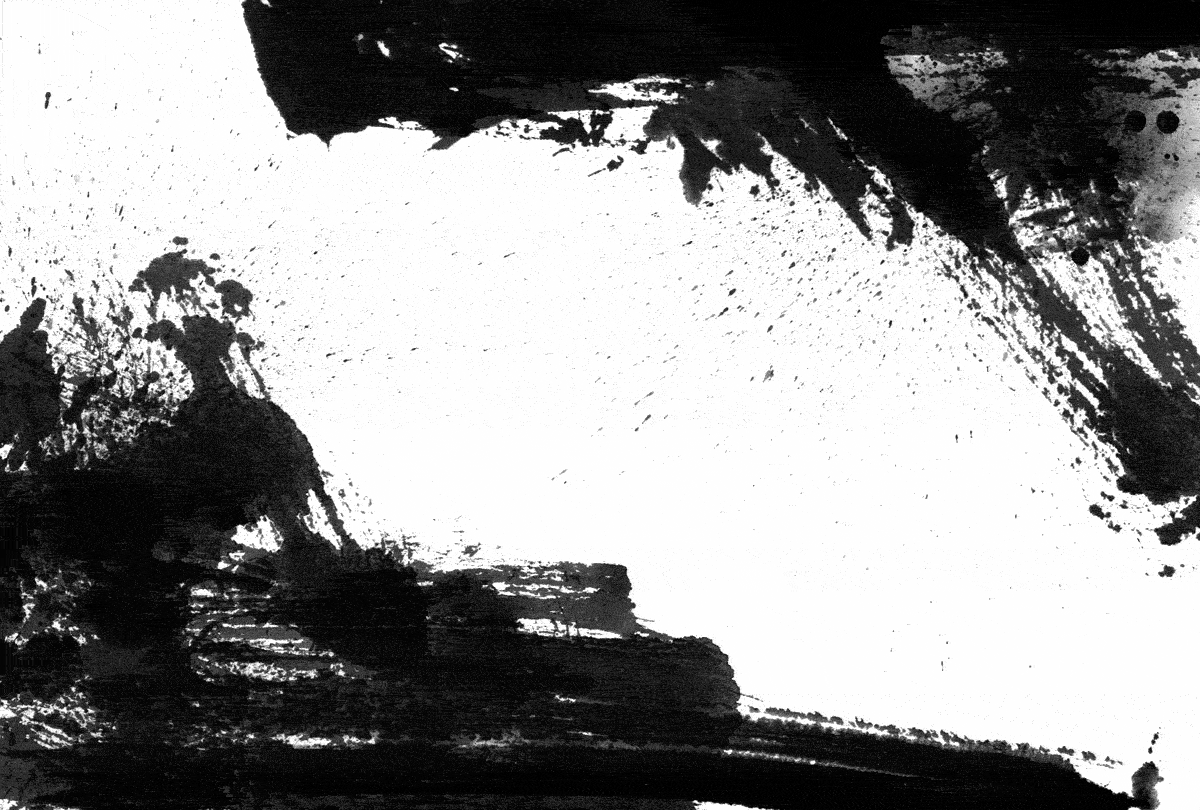Li Yongping
Appreciations
Quotes about Li Yongping
“Li Yung-ping (Li Yongping) is undoubtedly one of the most important writers in contemporary Chinese literature. His unique style of language and the complex narrative structure are two of his trademarks. Retribution exemplifies his modernist elegance and mastery of Chinese language. The basic plot of Jiling Chronicles is simple; the narrative structure that Li Yung-p'ing builds around the plot, however, complicates a rather simple incident into a mystery and a detective work. Because of its parallax perspective, reading the novel can be an intriguing experience. The novel’s topic, desire and revenge, explores fundamental human emotions and the consequences of actions. A timeless piece, this novel is a must read.” — Lingchei Letty Chen, Washington University in St. Louis, MCLC List
“Li carves out a dark novel set in the red light district of the small Jiling township... What unfolds is a mélange of stories told from the perspective of various townspeople concerning the individuals, events, and aftermath of [a] single, fateful evening... Like works by Hong Ying, the narratives are brutally real and even sinister at times.” — Library Journal
“The novel explores the intersections of sexual desire, sadism, folk belief and karmic retribution.” — Indianapolis Star
“Written by one of Taiwan’s most provocative and innovative authors, [Retribution] features an assortment of subplots which use an almost lyrical tone to explore the intersections of devotion and blasphemy, of eros and thanatos, in this isolated rural community.” — Carlos Rojas, Duke University
“The Jiling Chronicles…will demonstrate to the English-reading world why he has been critically identified as a premier writer of Chinese fiction in our time… In the mix of poetry and narrative that characterize all stories of literary quality, the poetic clearly dominates… He (Li Yongping) is, in other words, really writing lyrical poetry in the guise of narrative, where narrative is pushed very much to the background, and images the language poetically presents are used much more than plot to, "elicit intense human drama. Li's poetic mastery of the vernacular Chinese language, which can only be approximated even in a translation as well-rendered as this one, constitutes the fundamental merit of The Jiling Chronicles [Retribution] which, alas, might not be easily evident to those who read it in English, a language Li specifically strove to break free of in his writing.” — Timothy C. Wong, World Literature Today
“The Jiling Chronicles is like a piece of tough and brilliant gem that glimmers steadily through a pile of glass and plastic beads." — Yingtai Long, critic and writer
“The Eagle Haidong Qing represents a new culminating point in the Modernists project of Taiwanese literary circle. The narrative captures the essence of the Modernistsm Literature, which uses the symbolic language to create a text that the real world is filled with the intensity of an alternative reality.” — Yvonne Sung-sheng Chang, The University of Texas at Austin
“Li Yongping’s literary techniques have reached another level in his novel The Snow Falls in Clouds: Recollections of A Borneo Childhood, especially the last chapter “The Silver Grass.” It is so perfectly written, and very few people can match that level of the skill." — Pang-Yuan Chi, National Taiwan University
“Li Yongping transfers the city of Sodom within the dazzling city of Taipei in his novel The Eagle Haidong Qing to Indonesia’s tropical rainforest in The End of the River…the fifteen-year-old protagonist, Yong, passes the threshold of adulthood and grasps the meaning of human nature, primitive sexual desire and life.” — Kim Tong Tee, National Sun Yat-sen University
“From the nostalgia of homeland to the sense of drifting, from Realism to Modernism, Li Yongping is the most important experimenter in the contemporary Taiwanese literature tradition. His strong individual style catches our attention again and again.” — David Der-wei Wang, Harvard University
“The End of the River is right up there with Heart of Darkness by Polish-born English novelist Joseph Conrad. The engraved childhood memory of a brilliant novelist is the endless resource of writing material, and it often renders a sudden inspiration for the story.” — Asia Weekly
“The force of this long novel (The End of the River) is powerful and overwhelming, and the style is marvelous and splendid, like an epic piece. Among the world Chinese writers, almost no one can better Li Yongping. Mark Twain wrote the timeless piece of the adventure of young boys on the Mississippi River, and Li Yongping wrote the magical tales of a boy growing into adulthood in the Borneo rainforest on the Kapuas River.” — China Times




